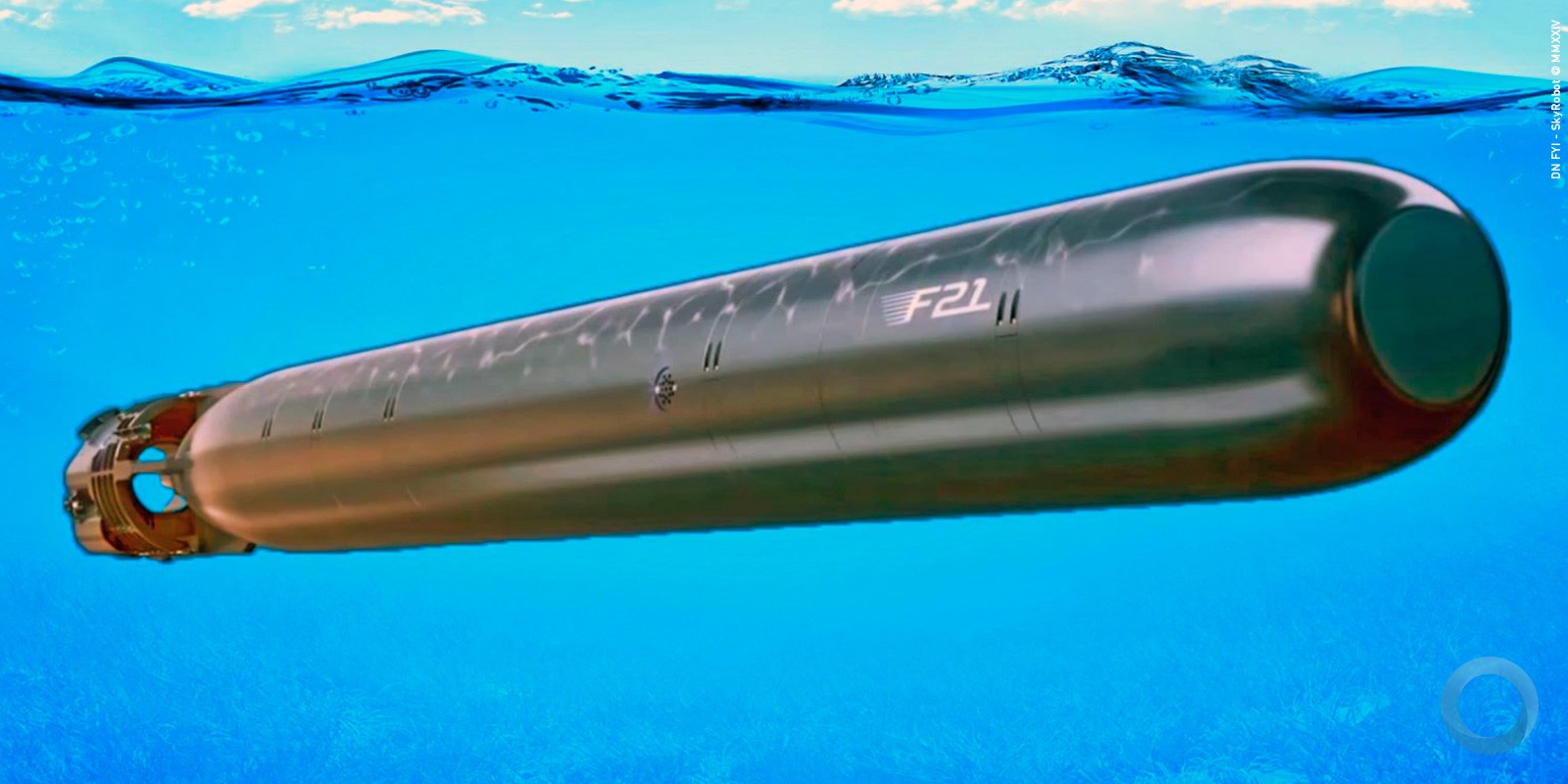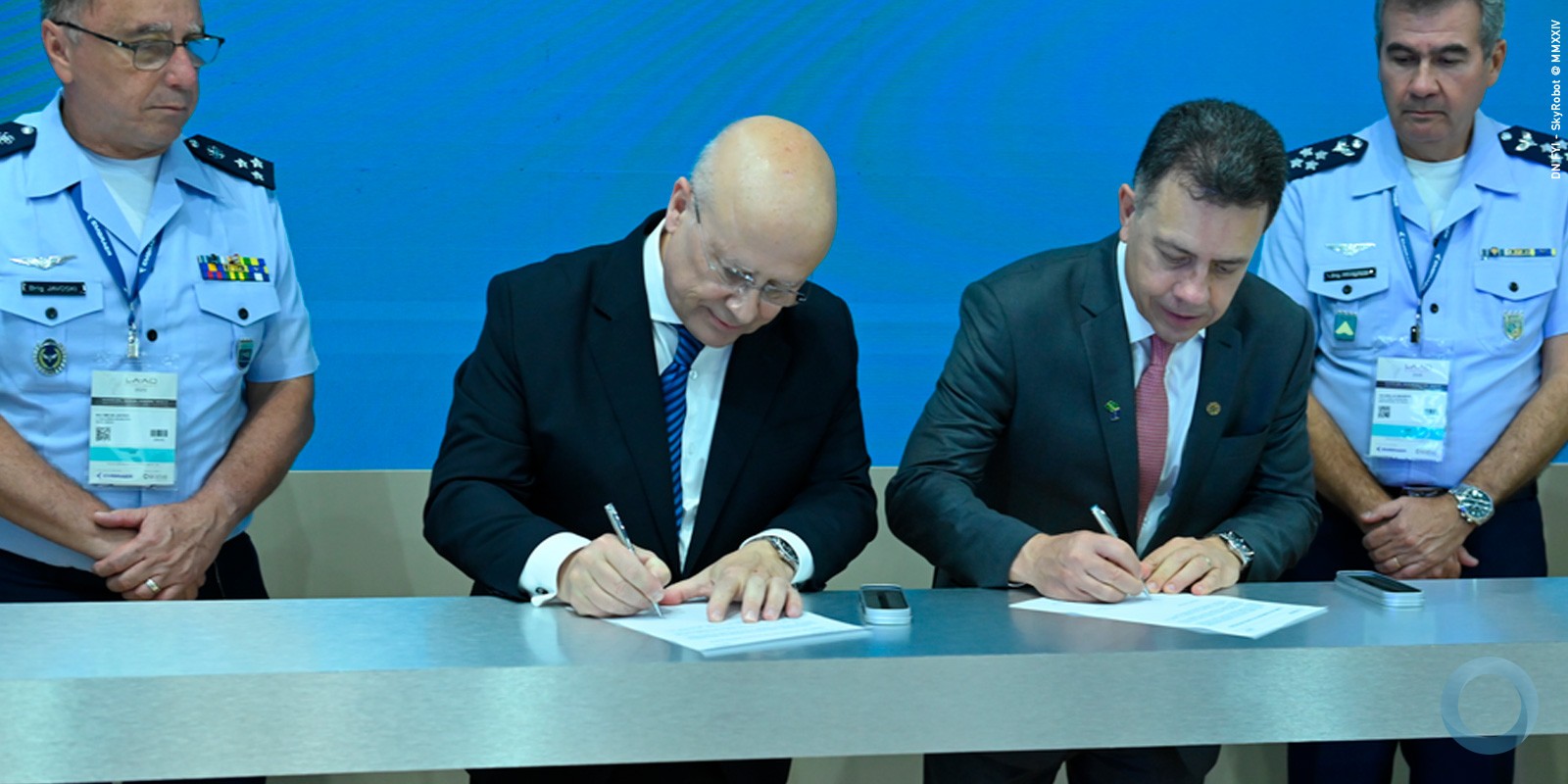|
Nota DefesaNet
Familiares de Graciela enviaram o link da reportagem publicada no Washington Post, em 16 de Novembro de 2013. Matéria anterior publicada por DefesaNet: US NAVY – Graciela Saraiva pede realistamento e pai envia carta a Obama 09 SET 13 Link O Editor |
The Navy admits it erred when it kicked out Maryland reservist Graciela Saraiva in 2010 with a mistaken accusation of drug abuse. But it has refused to fully clear her record even after she proved she failed a drug test because she was taking prescription pain medication after having two wisdom teeth pulled.
I know the Navy has far bigger PR problems after the recent announcement that two admirals are under investigation in a major bribery scandal.
But Saraiva’s case is also troubling. It shows how bureaucratic stubbornness, a zero-tolerance drug policy and a fixation on perfect paperwork can combine to sully a sailor’s reputation unjustly — and cost the country the services of a patriotic young immigrant.
The Brazilian-born Saraiva got parental permission to enlist at age 17 so she could follow her big sister, still in the Marines, into service. Now she’s disillusioned after coming up short in a three-year struggle with thick-headed military boards.
“I am losing faith in this institution I had once been willing to give my life for,” Saraiva, 23, wrote in an online petition to the secretary of the Navy signed by nearly 400 supporters.
In retrospect, it’s easy to see why the sorry saga began. Saraiva, then a junior logistics specialist (E-3 rating) in Baltimore, lost her position after a drug test reported codeine and morphine in her urine.
Saraiva, who lives in the Montgomery County community of Olney and served for a time on a destroyer, couldn’t understand it. Then she remembered the Tylenol 3 she had been taking to alleviate pain after oral surgery.
She provided evidence of her innocence: the prescription from her Silver Spring dentist. CVS pharmacy receipts. X-rays of her mouth.
A Navy drug lab agreed that the Tylenol 3, which contains codeine, would have explained the test result. Her commanding officer reversed his recommendation that she be discharged.
It was too late.
Partly because the Navy mailed the initial notice of the failed drug test to an incomplete address, Saraiva didn’t have time to submit the exculpatory documents before a deadline in summer of 2010. She received an “other than honorable” discharge and an RE-4 reentry code, which meant she was not recommended for reenlistment.
She was brokenhearted but determined to clear her name and rejoin.
“I wasn’t finished with the military. I wanted to become an officer at some point,” Saraiva said. “I wanted to serve my country.”
It took 15 months, but she won part of her case. The Naval Discharge Review Board upgraded her discharge to “honorable” in 2011.
But because of the undesirable RE-4 reentry code, she still couldn’t reenlist. Fixing that was up to the Board for Correction of Naval Records, which seems determined to punish her despite the facts.
In May, the records correction board wrote Saraiva that it was maintaining the reentry code, “given your record of drug abuse.”
Saraiva and her family appealed and sought outside help. The office of Sen. Barbara Mikulski (D-Md.) intervened. The Gazette newspapers and other media covered her battle.
It was no use. The board turned her down in October.
Saraiva concedes that she made a big mistake at the start. She failed to report the medication she was taking at the time of the urine test.
“Certainly, this individual went through a process that didn’t work correctly. . . . But there is some blame that does fall to the service member for not filling out the paperwork correctly,” said a Navy official familiar with the case.
Still, it doesn’t make sense to punish someone permanently for skipping a space on a form. Unfortunately, such obstinacy is typical.
“In all of the services, the boards for correction of records have a strong, strong presumption . . . that whatever happened at the service level was accurate and true. The petitioner has a seemingly impossible hurdle to overcome,” said Victor Hansen, a professor at New England Law Boston and vice president of the National Institute of Military Justice.
“They don’t really care about the fairness of the situation,” Hansen said.
Saraiva has given up on reenlisting and is studying biochemistry at Montgomery College.
She still wants that code fixed, though.
“At this point, it’s mostly the principle,” Saraiva said. “It just doesn’t make sense to me that they wouldn’t want to correct their mistake.”
While the Navy is sorting out the mess over the accused admirals, it should take a minute to give this young woman the clean record she deserves.































